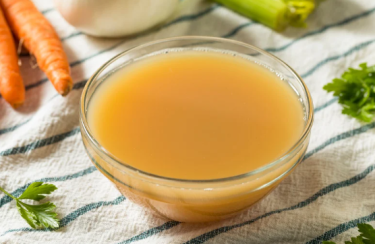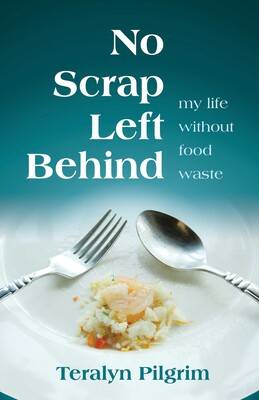Green Blog
Holiday food waste prevention
By Linda Frederiksen, Composter Recycler Class of 2025
As you dust off the recipe box in preparation to whip up family favorite recipes over the next few weeks, we hope that preventing holiday food waste stays top of mind.
ReFed estimates that over 300 million pounds of food will go to waste over Thanksgiving alone! This staggering Thanksgiving food waste equates to an estimated $550 million.
When food is wasted, so are the resources to produce, ship, transport and store food. Reducing food waste isn't just an environmental issue; it is an economic one. In addition to inflation causing food prices to rise this holiday season, the USDA reports that frozen turkey prices are 40% higher this year than last year. Extending food waste prevention throughout the entire year could save your family thousands of dollars. According to the EPA, the average American family of four loses approximately $3,000 per year in uneaten food.
Tips for reducing holiday food waste
- Plan a holiday menu with size in mind. Ask guests for RSVP's ahead of time. Utilize the Guest-imator tool to create the perfect shopping list with portion sizes in mind.
- Save leftovers. Ask guests to bring reusable containers to take leftovers home. Consider freezing food to preserve the flavors of the season for months to come.
- Cook creatively. Make nutrient-rich broth from vegetable scraps, the turkey carcass or ham hock. Bake cranberry muffins or oat bars with leftover cranberry sauce.
- Compost all food waste, including plate scrapings and waste from prep. Find a We Compost Community Hub near you, or place scraps in your curbside Organics bin (if you live within the city limits of Vancouver or Ridgefield).
The Use Food Well website is filled with helpful tips and tasty recipes to help you add "food waste prevention" to your list of holiday traditions!
Hunger relief in Clark County
If you are interested in donating food, or are interested in finding food to feed your family, check out these local organizations:
If you are looking to learn more about how to cut food waste in your home, check out the book No Scrap Left Behind: My Life Without Food Waste (Health Communications, Inc., 2024/available through the Fort Vancouver Regional Library system).
The author, Teralyn Pilgrim, decided that she and her family would end all food waste in their household. Like many Americans, she became increasingly concerned with the environmental, social, and economic costs of food waste. The book is filled with personal stories, tips, hints, recipes, statistics, and references to additional resources. It provides a pathway for talking to friends, family members and neighbors who may also want to save money and reduce waste. Pilgrim details 9 tips for becoming what she calls a "Food-Waste Warrior."
We can all tackle food waste daily by thinking critically about our own consumption and adopting small changes to make a difference.




